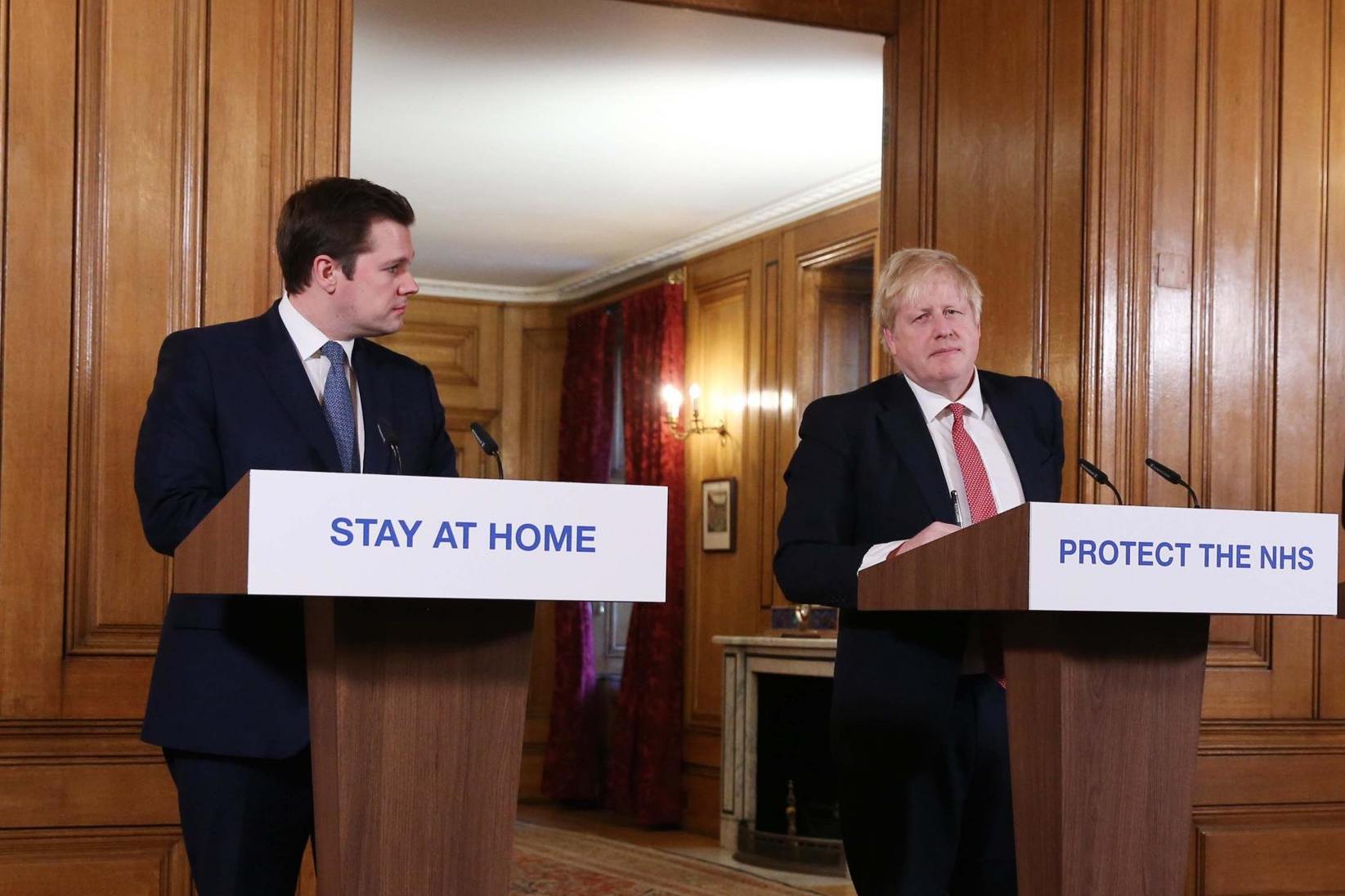Do the Tory leadership candidates really want Boris Johnson back in cabinet?
As Robert Jenrick says he would be ‘delighted’ to appoint the disgraced former PM, John Rentoul looks at what all six candidates are up to in the race to become leader of the opposition


There is frenetic activity in two corners of the political forest during this normally quiet time of August. One is around the prime minister, who is not on holiday with his family thanks to riots that have now subsided and who is still finding his feet at the head of a new government.
The other is in the Conservative Party. Not in the leader’s office, as Rishi Sunak still seems to be taking a break. Or in Tory HQ, which is said to be like a “ghost town” although we journalists still receive press releases commenting on anything in the news. Perhaps they are working from home.
But the six candidates to succeed Sunak are working flat out, visiting local Tory associations and phoning MPs. The strange thing is that the race still seems to be wide open, with no clarity over who the final two candidates might be, let alone the winner.
What have the candidates said this week?
Robert Jenrick said he would be “delighted” to have Boris Johnson in his cabinet, when interviewed by The Daily Telegraph. He started the week by saying he had taken Ozempic for six weeks last year to lose weight but “didn’t particularly enjoy it”.
Kemi Badenoch confirmed her reputation for shooting from the hip, saying on a call with local councillors last night, according to Politico, that some people who work at Tory HQ are not Conservatives, because for them it is “a job like working in Tesco”.
James Cleverly, as shadow home secretary, took credit for the sharp fall in health and care visas issued in the year to June, saying: “When I said I was going to cut migration, I meant it. It’s not about words, it’s about delivery.”
Priti Patel, another former home secretary, criticised Labour for giving in to the unions: “I was born in the 1970s. Back then trade unions were holding a Labour government hostage with huge pay demands. Every time the government gave in, union barons felt emboldened to come back for more.”
Tom Tugendhat, the former security minister, was in Scotland, and then launched a survey of Tory members to ask them how the party should change. While Mel Stride, a former Treasury minister, was attacking Rachel Reeves’s claim to have had the “worst economic inheritance since the Second World War” and boasting about endorsements from former MPs Paul Maynard and Ruth Edwards.
Who is winning?
Badenoch was the early favourite but has fallen back, and Jenrick has gained ground to be level with her in the betting markets. Cleverly and Tugendhat are next, followed by Patel. Stride is the outsider, but the race continues to seem wide open among the other five candidates.
Most Tory MPs are tight-lipped about their intentions, with only 44 out of 121 declared (including the candidates). Jenrick has the most public backers – 10 – followed by Badenoch with eight, Tugendhat and Stride with six each and Cleverly and Patel with four each.
When the Commons returns next month, Tory MPs will vote to reduce the field to four candidates, and they will then vote again after a “beauty contest” at the Tory annual conference in Birmingham, to choose two candidates to go to the party membership for the final decision.
What do polls of party members say?
The most recent weighted poll by a research company that is a member of the British Polling Council was by Techne, and it put Cleverly in front, beating all the other candidates in head-to-head contests. Patel came second, with Jenrick and Badenoch tied in third place followed by Tugendhat. Critics point out that the poll was commissioned by Cleverly’s campaign, but that shouldn’t influence the results.
Conservative Home, the Tory activist website, carried out one of its unscientific surveys at the start of the month, and found that Badenoch came top, followed by Jenrick, with Cleverly and Tugendhat tied in third place. Con Home’s surveys may be self-selecting, but its final predictions have not been significantly worse than polls from commercial pollsters in previous leadership elections, according to Mark Pack, the Liberal Democrat polling specialist.
It would seem that the contest is wide open, which is prompting the candidates to try to outdo each other in saying that party members – who make the final decision – should be given more power.
Let us hope they don’t mean it: these are, after all, the people who gave us Liz Truss as prime minister.
Join our commenting forum
Join thought-provoking conversations, follow other Independent readers and see their replies
Comments
Bookmark popover
Removed from bookmarks